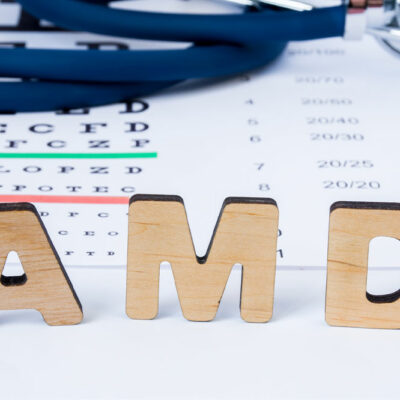
7 things to avoid for a healthy sleep cycle
Nothing can heal and relax the body like a good night’s sleep. While some people are getting the recommended amount of sleep—at least eight hours every night—a fairly large population is having trouble falling and staying asleep. In most cases, this can be an outcome of one’s daily habits. Sleep disruption has been a growing concern, but it can be rectified by avoiding certain things for a healthy sleep cycle. Large meals before bed One of the main things to avoid for a healthy sleep cycle is sleeping with a full stomach. Sure, staying hydrated and well-fed through the night is a good practice, but not when one is off to bed within a couple of hours. The body slows down its processes when one is sleeping. This means the food would sit in the stomach for a longer time and might cause uneasiness. This would inadvertently impact the person’s sleep quality. It may also lead to heartburn symptoms. Besides, one should also avoid sleeping with a full bladder as that could mean repeated bathroom visits throughout the night, disrupting the sleep cycle. So, both these things can keep a person from sleeping through the night and impact their brain activity.
Read Article 









